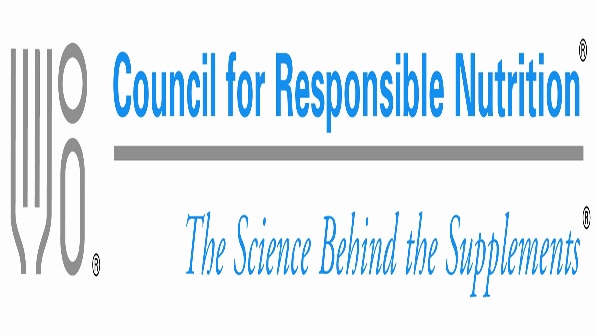Consumers trust doctors for supplements info
New CRN study reveals that doctors prevail as the most popular source for reliable information on dietary supplements.
May 27, 2014

Despite the depth and breadth of health information available and easily accessible to consumers, doctors prevail as the most popular source for reliable information on dietary supplements, according to the most recent Council for Responsible Nutrition (CRN) Consumer Survey on Dietary Supplements. The annual survey, conducted by Ipsos Public Affairs on behalf of CRN, revealed that 55 percent of supplement users trust a medical doctor/physician for reliable information on dietary supplements.
“The patient-doctor relationship is a partnership in which both parties have responsibilities when it comes to communication,” said Duffy MacKay, senior vice president, scientific and regulatory affairs, CRN, and a naturopathic doctor. “At a time when consumers are increasingly seeking a proactive role in their health, this survey presents positive indicators that people who take supplements are engaging their doctors in those health decisions.”
With 85 percent of supplement users reporting they let their physicians know about the supplements they are taking, the survey demonstrates that consumers are upholding their role in the open dialogue. And, according to these supplement users, the same is true for the majority of doctors. In addition to being transparent with their doctors about their supplement use, dietary supplement users are also more likely than non-users to visit their doctors on a regular basis, the survey found.
Not only is it important for consumers to be open with their doctors and other healthcare practitioners about their supplement use, but, according to Dr. MacKay, “Doctors should be open to considering the positive role supplements can have in a healthy lifestyle, as well as taking seriously their patients’ growing interest in preventive healthcare. I know with my patients, they’re no longer looking to me simply to treat them; they want to know how they can better take care of themselves so they can stay healthy. We know that good nutrition—which may include supplementing the diet—helps.”
Here are four tips from Dr. MacKay for establishing an open-dialogue with your doctor about dietary supplements:
Before your doctor’s visit, in addition to the prescription and over-the-counter drugs, jot down a list of all the supplements you are taking, including the brand name and the amount you take. You might want to toss them in a bag and bring them with you to the appointment.
If your doctor is unable to answer your questions, or is not open to discussing your interest in supplements, ask for a referral for a registered dietitian or other healthcare practitioner who may have the answers you need. Or consider seeing a different doctor.
Particularly if you are taking prescription medications, be vigilant and ask about potential interactions with the supplements you are taking.
Schedule regular check-ups to see your doctor, nurse practitioner, or physician’s assistant—even if you’re well.
For more tips from Dr. MacKay, check out this video.

About the Author(s)
You May Also Like




